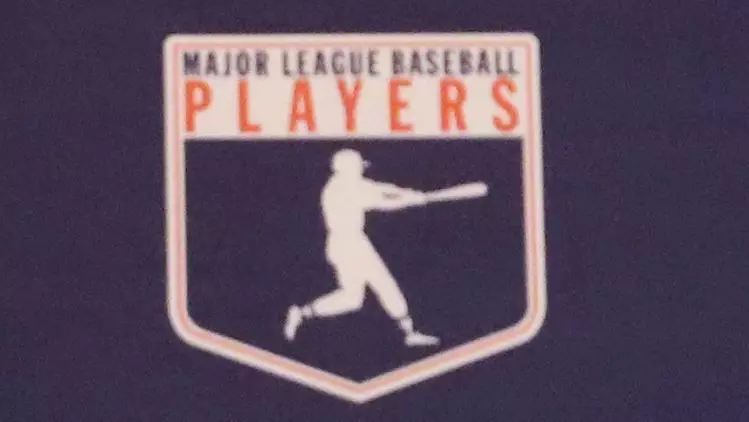In the ever-evolving landscape of professional sports, the intersection of player unions and corporate interests has been particularly contentious. Recent revelations concerning the FBI’s inquiry into financial dealings related to a multibillion-dollar group licensing firm have ignited intrigue and concern within Major League Baseball (MLB) and the National Football League (NFL). While the unions supporting athletes, such as the Major League Baseball Players Association (MLBPA) and the NFL Players Association (NFLPA), have heralded the creation of lucrative financial opportunities through partnerships like OneTeam Partners, this investigation raises crucial questions about accountability and governance within these organizations.
The allegations center on OneTeam Partners, which launched in 2019 as a collaborative venture between the NFLPA, MLBPA, and private equity firm RedBird Capital. This enterprise was designed to capitalize on the commercialization of athletes’ images, a move many viewed as a progressive leap, allowing players to tap into new revenue streams. However, the scrutiny now surrounding these financial dealings hints at potential irregularities, suggesting that the financial benefits of such partnerships may have come at the cost of ethical governance.
Investigating Leadership and Ethical Concerns
Reports have surfaced indicating that the FBI has contacted several players linked to union leadership, inquiring about knowledge of potential misconduct surrounding the financial affairs of OneTeam Partners. Though those players are not the target of the investigation, the mere fact that law enforcement is interested in their insights speaks volumes about the level of scrutiny that financial dealings within these unions are currently facing. Compounding the situation is the ongoing tension surrounding the financial maneuvers made by union leadership, particularly concerning the allocation of profits derived from this lucrative partnership.
Past complaints, including an anonymous unfair labor practices allegation filed with the National Labor Relations Board (NLRB), have pointed fingers at alleged “nepotism, corruption, [and] mismanagement” within the MLBPA, further tarnishing the reputation of an organization that prides itself on player advocacy. With accusations suggesting that union executives, including MLBPA’s Tony Clark, may have improperly sought personal financial gain through their ties with OneTeam, a disturbing trend emerges, signaling an apparent conflict of interest that cannot be easily swept under the rug.
OneTeam’s Financial Triumphs and Governance Challenges
Despite the turmoil, OneTeam Partners has undeniably proved to be a financial juggernaut for both the MLBPA and NFLPA. The partnership reportedly boasted a staggering valuation of $1.9 billion in 2022, bolstered by its ability to monetize athletes’ identities effectively. With the unions reporting significant asset increases—MLBPA’s assets alone surpassing $353 million—one must wonder whether these organizations have placed financial gain over the ethical obligations to their member athletes.
Both player unions have taken measures to address governance concerns. For instance, the NFLPA’s audit of OneTeam, completed in March, concluded that the partnership was compliant with “best governance practices.” However, reports of executives granting themselves equity options and failing to adequately disclose these dealings create a cloud of skepticism that lingers over the integrity of such audits. The issue of transparency is paramount in these circumstances; without it, players who have sacrificed their health and wellbeing for the game may find that their interests are secondary to the financial ambitions of those leading their unions.
The Complicated Reality of Union Leadership
Player leaders have started to retain independent legal counsel amidst this turmoil, demonstrating the gravity of the situation and the recognition of potential legal ramifications that could ensue from the ongoing investigation. The very fabric of trust that binds player unions to their members is now on trial, and with financial narratives emerging that speak of billion-dollar deals, it is crucial for athletes to have their voices heard in the decision-making processes that directly impact their financial futures.
Moreover, the significant financial gains achieved under Clark’s leadership have prompted those scrutinizing the unions to question whether they are fiduciary stewards for the players or opportunistic executives vying for personal wealth. Documents indicate Clark received unprecedented pay, reportedly $3.5 million in 2024, leading many to wonder if this divergence of interests signals a troubling trend where the line between non-profit advocacy and profit-seeking blurs irreparably.
As the investigation unfolds, the integrity of not just the individuals involved, but the very institutions they represent, stands at a crossroads. The era where players could blindly trust their unions to safeguard their interests seems to be waning under the weight of burgeoning financial scandals.


Leave a Reply